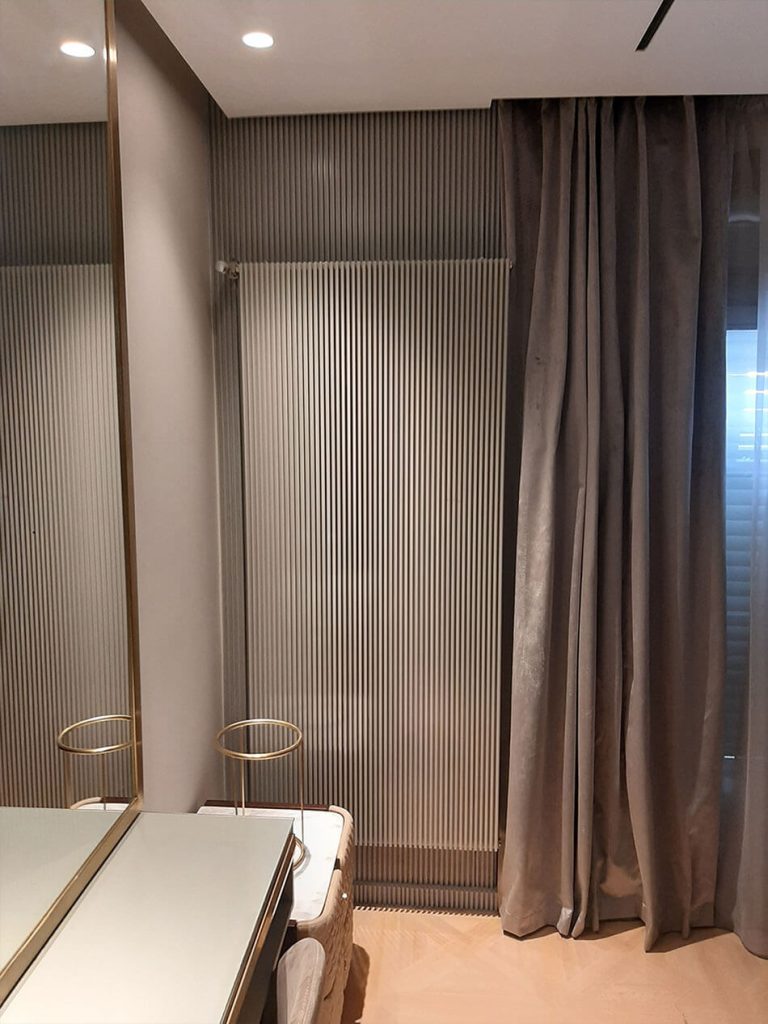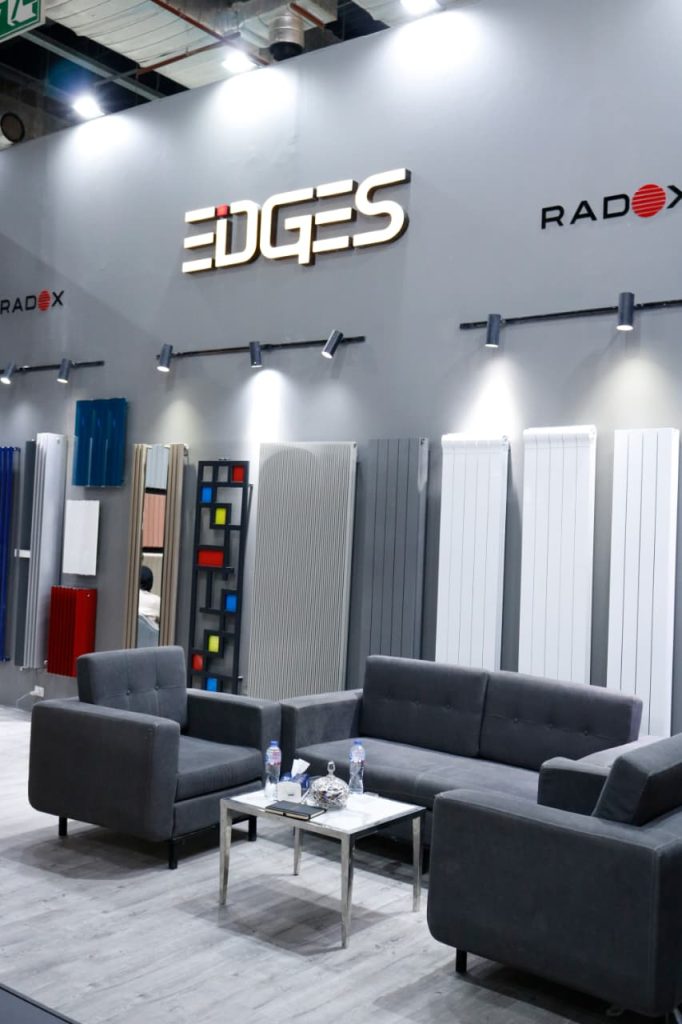Boiler or Furnace? You can just discover which heating system is most suitable for your home.
We are here to assist you in identifying the most appropriate heating system for your home. At Edges, we take a comprehensive approach to assessment, considering a range of factors to ensure optimal energy efficiency and comfort.
Selecting the most appropriate heating system for a residence can be a daunting task. Two of the most prevalent options are boilers and furnaces, each of which offers distinct advantages depending on the individual’s requirements, financial considerations, and geographical location. This guide aims to provide a comprehensive analysis of the differences between these systems, highlighting their respective benefits and drawbacks, to assist individuals in making an informed decision that aligns with their lifestyle needs.
What’s the Difference?
| Feature | Boilers | Furnace |
| Heat delivery | Uses hot water or steam | Uses warm air |
| Distribution | Radiators Or Underfloor Pipes | Ductwork and vents |
| Humidity | Adds Moisture | Can dry out indoor air |
| Noise level | Generally quieter | Can be noisier due to blower |
| Energy efficiency | Often more efficient | Varies by model |
| Installation cost | Typically higher | Usually lower |
Boiler
A boiler is a device that functions by heating water to elevated temperatures; as a result, it produces steam or hot water. Subsequently, this heated water is utilised to facilitate the heating of residential properties through various heating systems, such as radiators, baseboards, and radiant floor systems. In particular, the primary function of these systems is to provide radiant heat, which serves to warm objects and surfaces instead of circulating air. Consequently, this method ensures a more consistent and comfortable indoor environment.utilized
Furnace
A furnace heats air and uses a blower to distribute it through ductwork and vents. This is known as forced-air heating, which warms the air in your home quickly and can be paired with central air conditioning.
Pros and Cons
- Boiler Pros:
The product offers the following benefits:
- More consistent heat distribution
- Quieter operation
- No dust circulation, making it better for allergy sufferers
- Boiler Cons:
Here are some important things to remember:
- It is slower to heat up.
- It is more expensive to install.
- It requires water-based infrastructure.
- Furnace Pros:
The product has the following advantages:
- It heats quickly.
- It has a lower upfront cost.
- It is compatible with central AC systems.
- Furnace Cons:
The following potential issues should be noted:
- Allergens may be circulated
- Operation may be noisy
- Indoor air may be dried out
How They Work
- Boiler: Heats water to produce hot water or steam, which is then circulated through pipes to radiators, baseboard heaters, or radiant floor systems.
- Furnace: Heats air and distributes it through ducts and vents using a blower fan.
Heat Distribution
- Boiler: Provides radiant heat, which has been shown to warm objects and surfaces in the room more consistently and comfortably.
- Furnace: It provides forced air heat, which rapidly warms the air, but can result in temperature fluctuations.
Air Quality
- Boiler: This product is better for indoor air quality because it does not blow air around, thereby reducing dust and allergens.
- Furnace: Unless high-quality filters are installed, there is a risk of the circulation of allergens and dust.
Noise & Maintenance
- Boiler: Operates in a quieter manner and generally requires less frequent maintenance.
- Furnace: This is due to the blower and ductwork, which are the primary sources of noise. The filter needs to be changed and serviced regularly.
Cost & Efficiency
- Boiler: Whilst there is an initial higher cost involved in installation, the benefits of this option include greater energy efficiency and longevity.
- Furnace: This product has the advantage of a lower initial cost and faster heating, but there is a possibility that it may be less efficient over time.
Climate Suitability
- Boiler: This product is particularly well-suited to colder climates due to its steady and reliable heat output.
- Furnace: Performs optimally in moderate climates where rapid heating is advantageous.
Which One Is Right for You?
- Cold climates: Boilers provide consistent, radiant heat, making them well-suited for long winters.
- Budget-conscious homeowners: Furnaces are a more cost-effective solution in the long term, both during installation and in terms of ongoing maintenance.
- Allergy-sensitive households: Boilers have been designed to do not produce air, thereby reducing dust and allergens.
- Homes with existing ductwork: Furnaces are designed to integrate seamlessly with existing systems.
When selecting a heating system for your home in Egypt, it is essential to consider the specific characteristics of your residence and the prevailing climate conditions. The primary factors to consider are outlined below:
Climate Considerations
Egypt has a hot desert climate, with mild winters and very hot summers. Consequently, heating needs are relatively low and seasonal.
- Furnace Advantage: Since winters are short and not extremely cold, a furnace offers quick, cost-effective heating when needed.
- Boiler Drawback: Boilers are better suited for colder climates where radiant heat is used consistently. In Egypt, this might be overkill.
Home Layout & Infrastructure
Let us consider your home’s setup:
- Should your residence be equipped with ductwork (frequently employed for air conditioning), a furnace will integrate seamlessly and utilise the same system.
- In the event that your home is not equipped with ducts and instead utilises radiators or underfloor heating, it may be advisable to consider a boiler as a more suitable option.
Cost & Efficiency
- The furnace is characterised by its lower upfront cost, easier installation, and faster heat delivery.
- Boiler: Although the initial installation cost is higher, the unit is more efficient and quieter.
Recommendation
Please find below some key facts about Egypt’s climate and typical home setups.
- In terms of practicality and cost-effectiveness, a furnace is likely the more suitable option.
- For those undertaking new construction or renovations and seeking radiant floor heating, a boiler could be a viable consideration. However, this decision should be made based on long-term comfort rather than immediate cost savings.
Both boilers and furnaces have the capacity to maintain a comfortable indoor environment, but the most suitable option is dependent on factors such as your home’s layout, your personal comfort preferences, and your long-term energy objectives. If you are undecided, we recommend Contact Edges’ experts for personalized consultations. We assess your needs to ensure the right system for you.
Enhance Your Heating Efficiency with a Smart Thermostat
Whether you choose a boiler or a furnace, integrating a smart thermostat can significantly improve energy efficiency, lower heating bills, and give you full control of your home’s climate from your smartphone. Top-rated models like the Ecobee Smart Thermostat Premium and the Google Nest Learning Thermostat are compatible with most central heating systems. Always verify system compatibility before installation.


